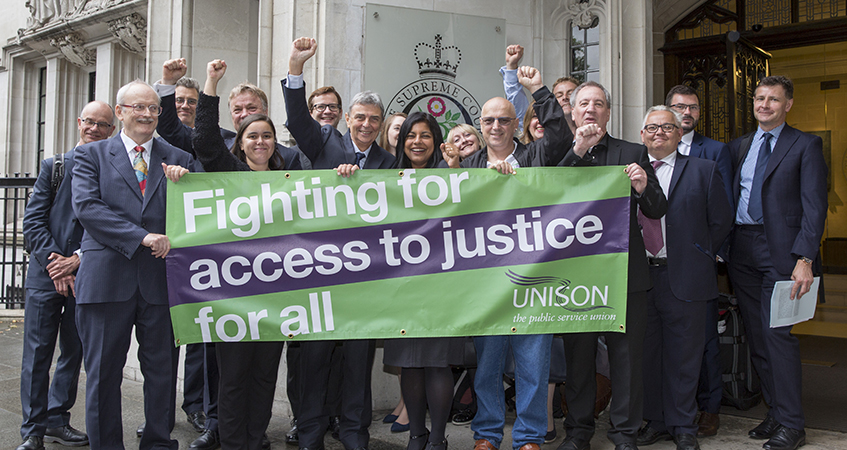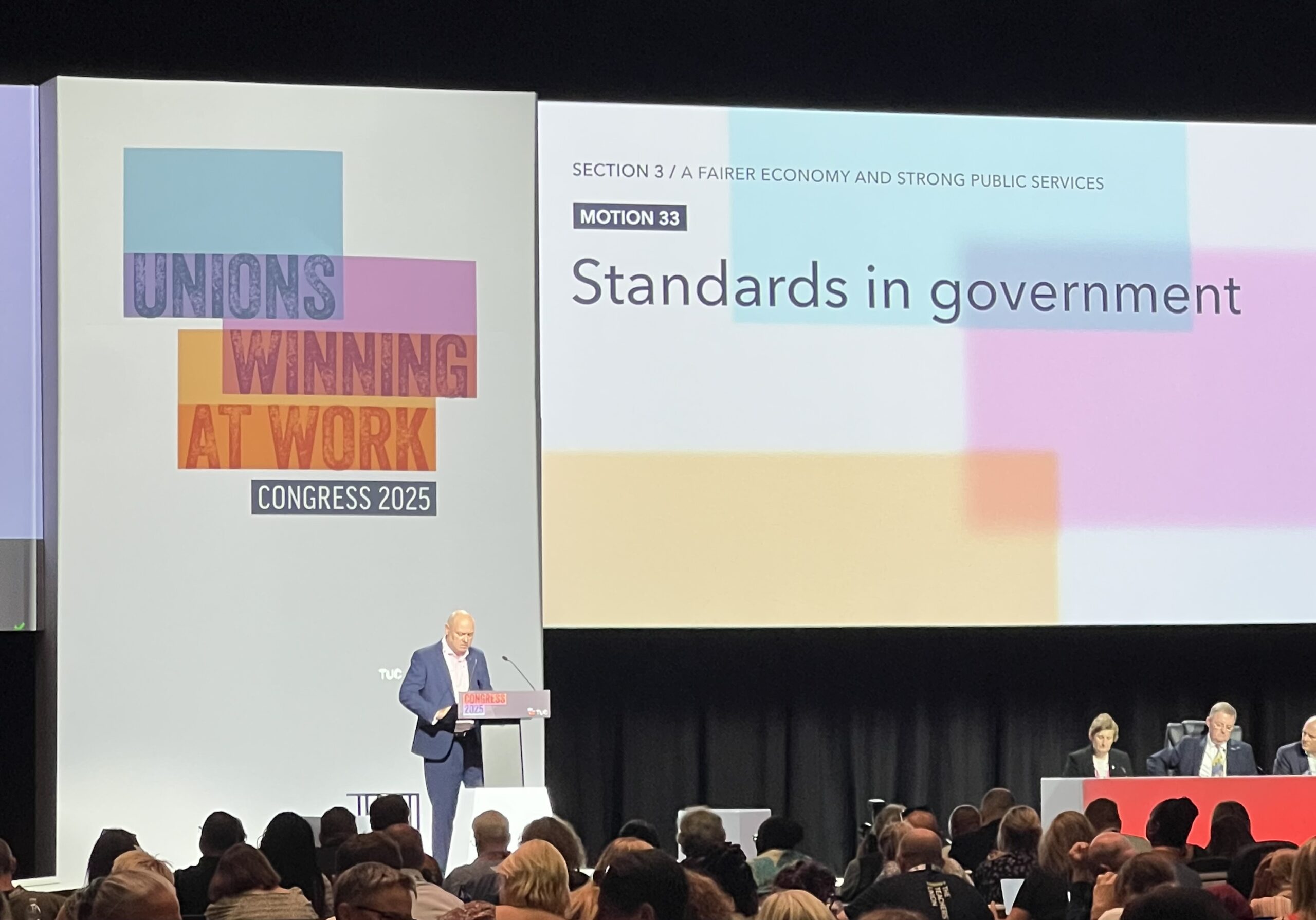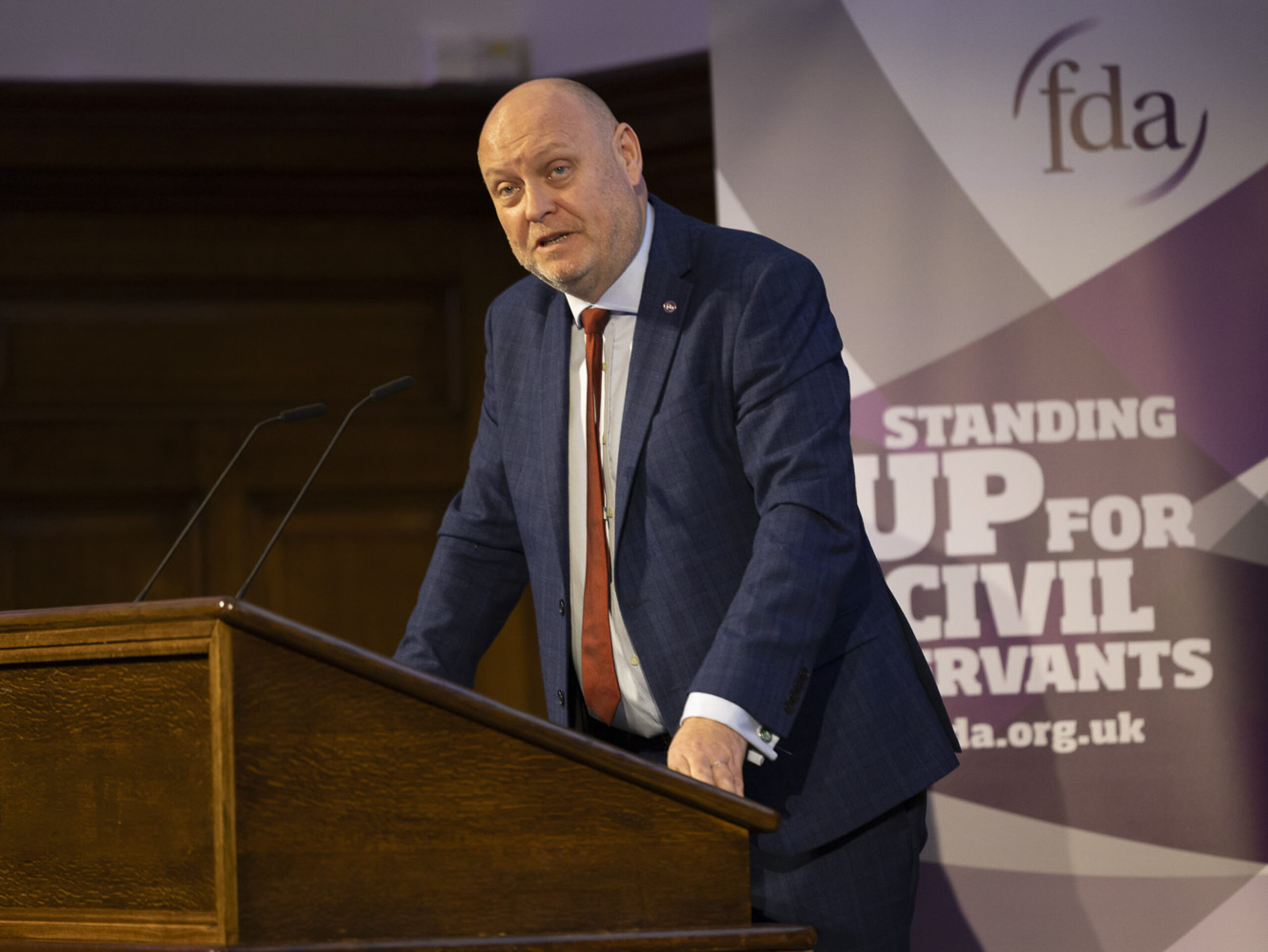Tribunal fees scrapped in landmark court ruling

The fees, introduced by the coalition Government in 2013, meant that workers who had been treated unfairly or illegally were forced to pay up to £1,200 to take their employers to court.
Unison took the case to the Supreme Court, with lawyers arguing that the fees had been a huge expense for many low-paid employees and prevented people from gaining justice in the workplace – as evidenced by the 79% drop in cases being brought forward after the fees were introduced.
The UK’s highest court ruled in favour of the union, stating that the fees were “inconsistent with access to justice” and in conflicted with the Equality Act 2010 because they disproportionately affected women.
As a result of the victory, the Government is set to refund more than £27m to claimants in what Unison General Secretary Dave Prentis has described as “a major victory for employees everywhere”.
Commenting on the ruling, FDA General Secretary Dave Penman said: “I’d like to congratulate Unison for leading on this issue and ultimately winning this important victory for workers across the country.
“When the fees were introduced, the FDA took the decision to pay all tribunal costs on behalf of members, but not everybody has access to this kind of support.
“Unison’s hard work in pursuing this issue means many more people can now get access to the justice they deserve.”
Related News
-

“Significant gaps” in current Northern Ireland standards regime, says Murtagh
FDA National Officer for Northern Ireland Robert Murtagh has called for a strengthened standards regime in Northern Ireland government.
-

FDA delegation attends TUC Congress 2025
This week, the FDA attended the 2025 TUC Congress in Brighton. FDA delegates spoke to and moved motions on a range of topics, including standards in government, public sector productivity, resilience, neurodiversity in the workplace, and TUC reform.
-

Ministers must “step up to the plate” or risk undermining the civil service, says Penman
The FDA has defended the pay and pensions of senior civil servants and called for ministers to do more to defend the civil service.